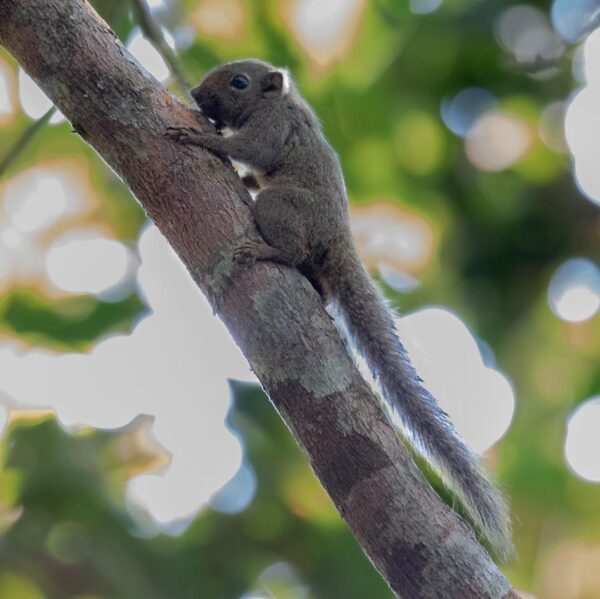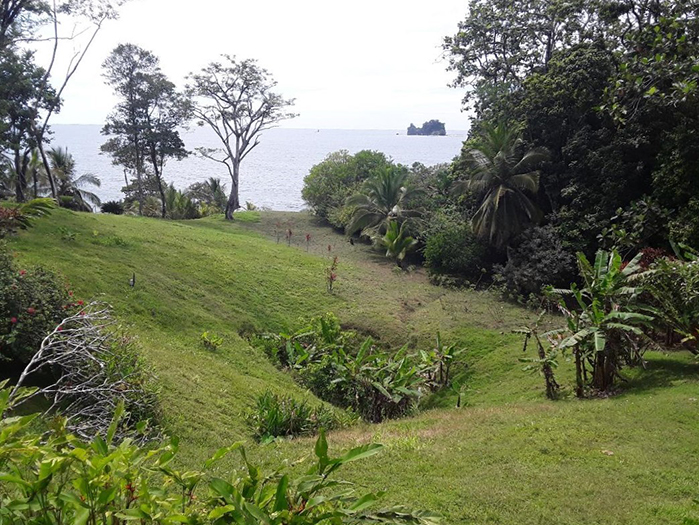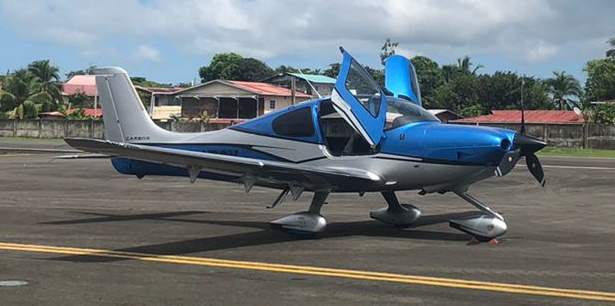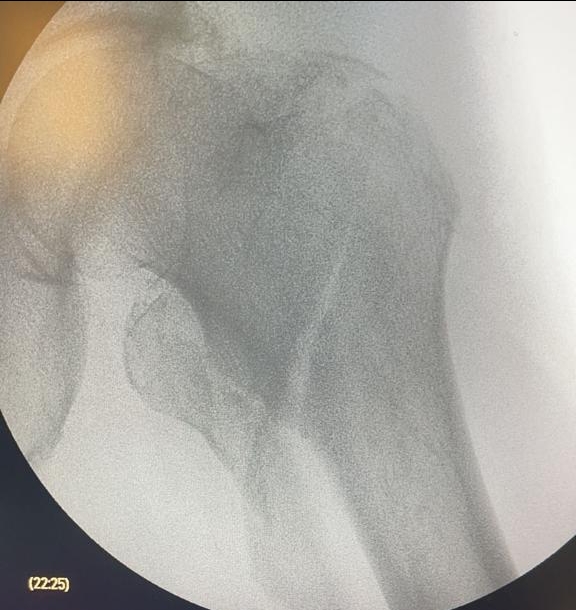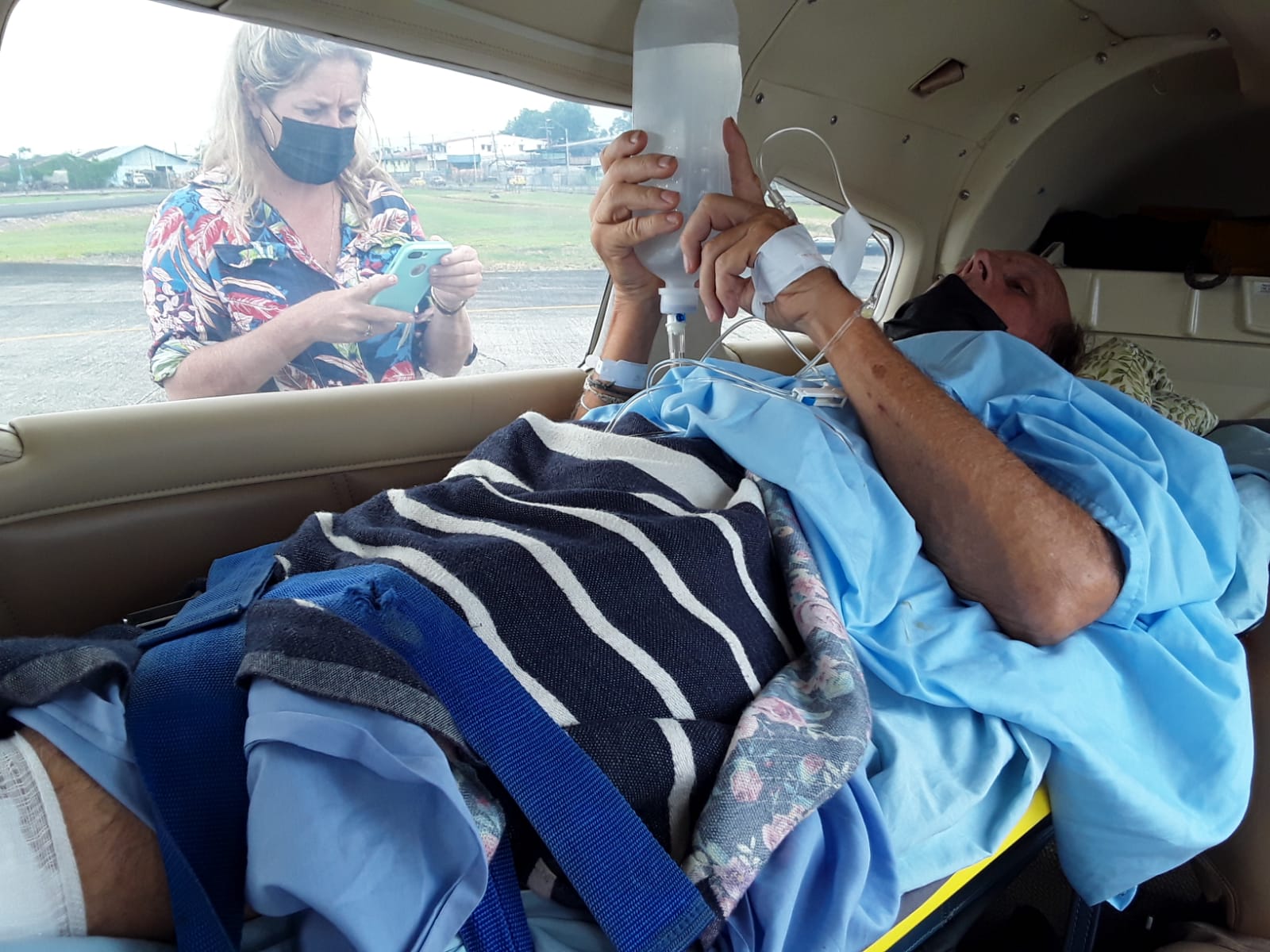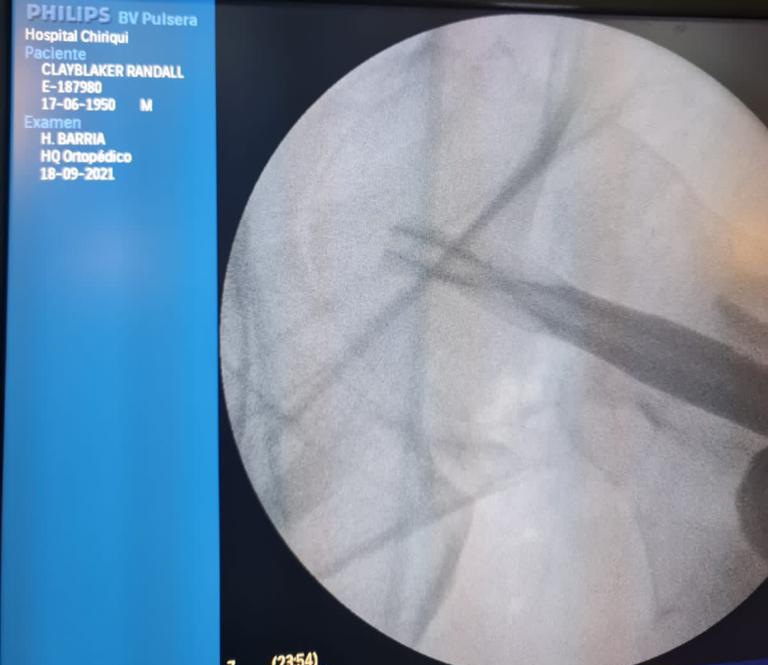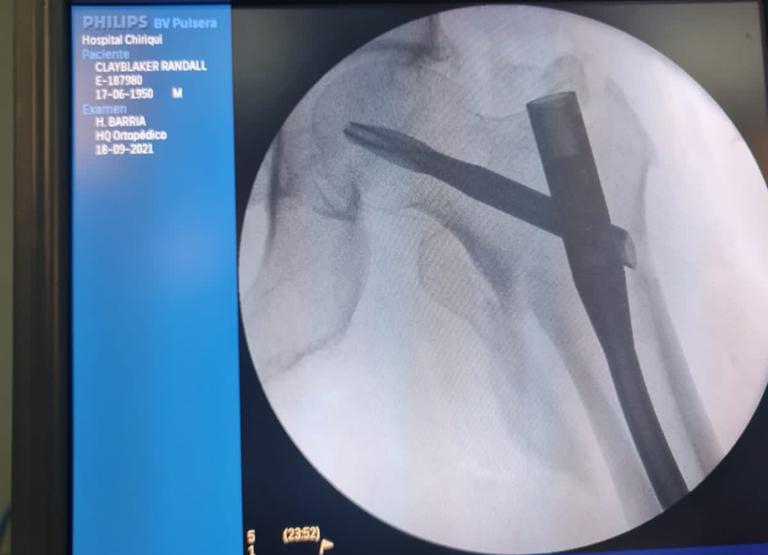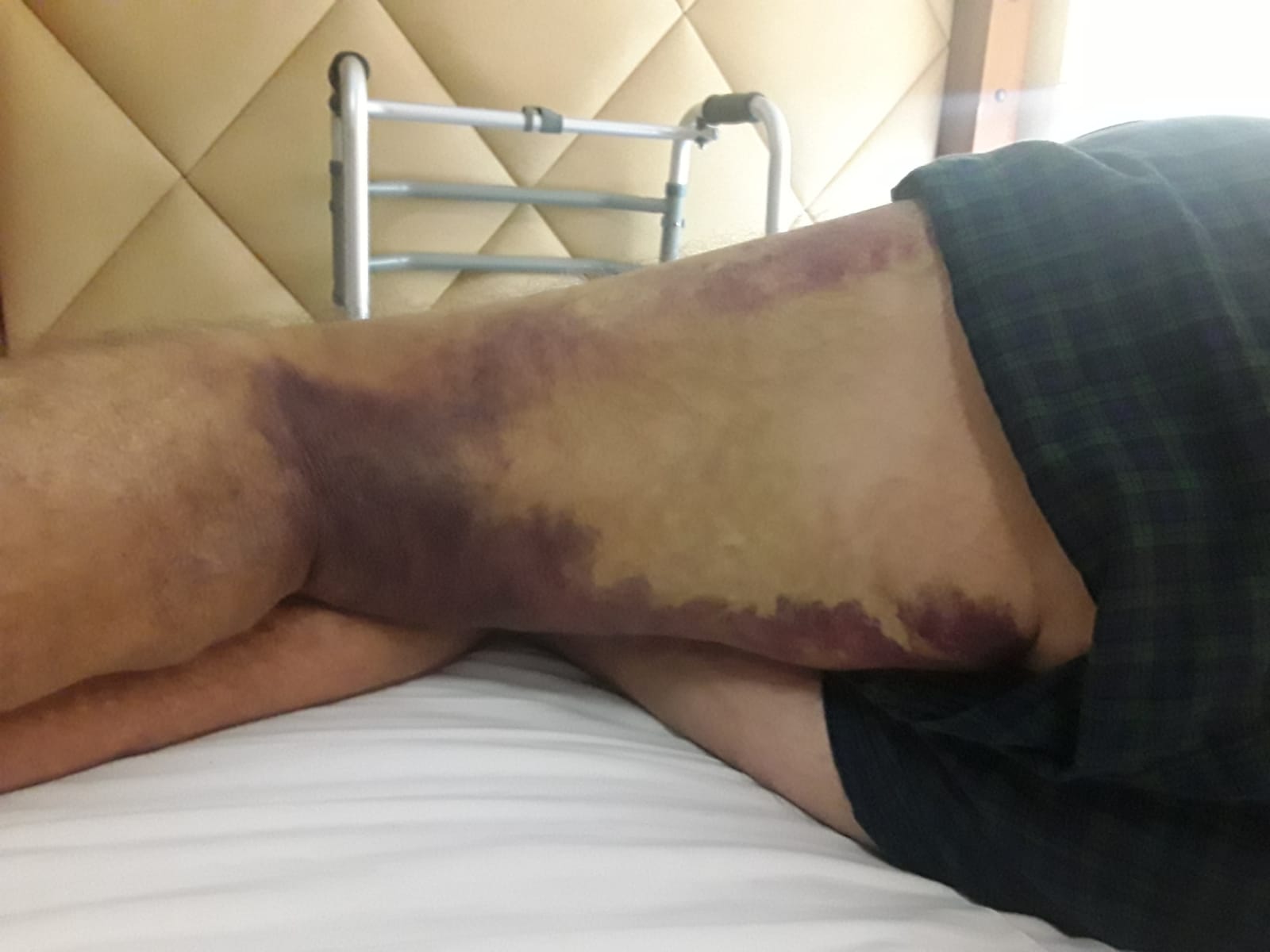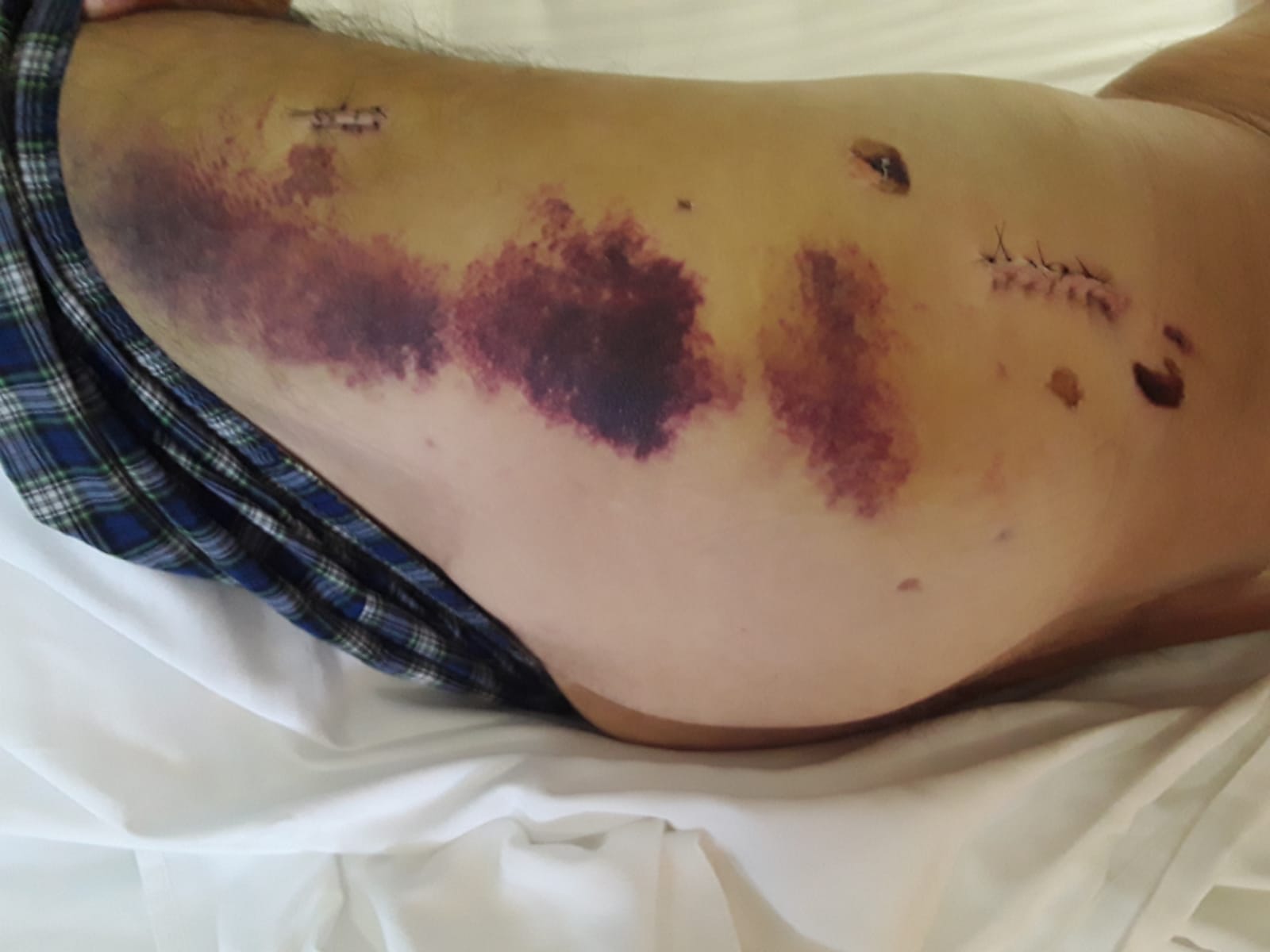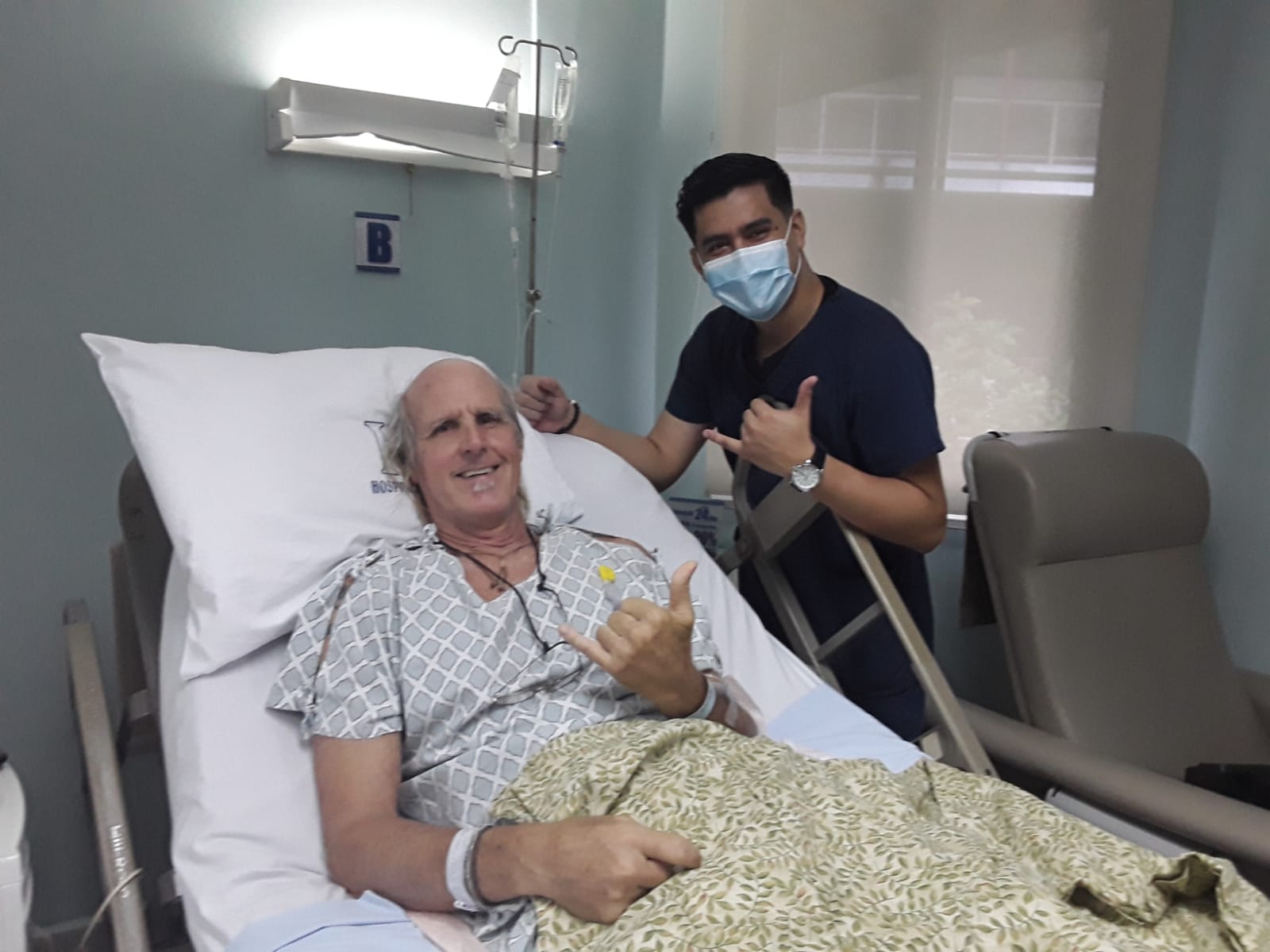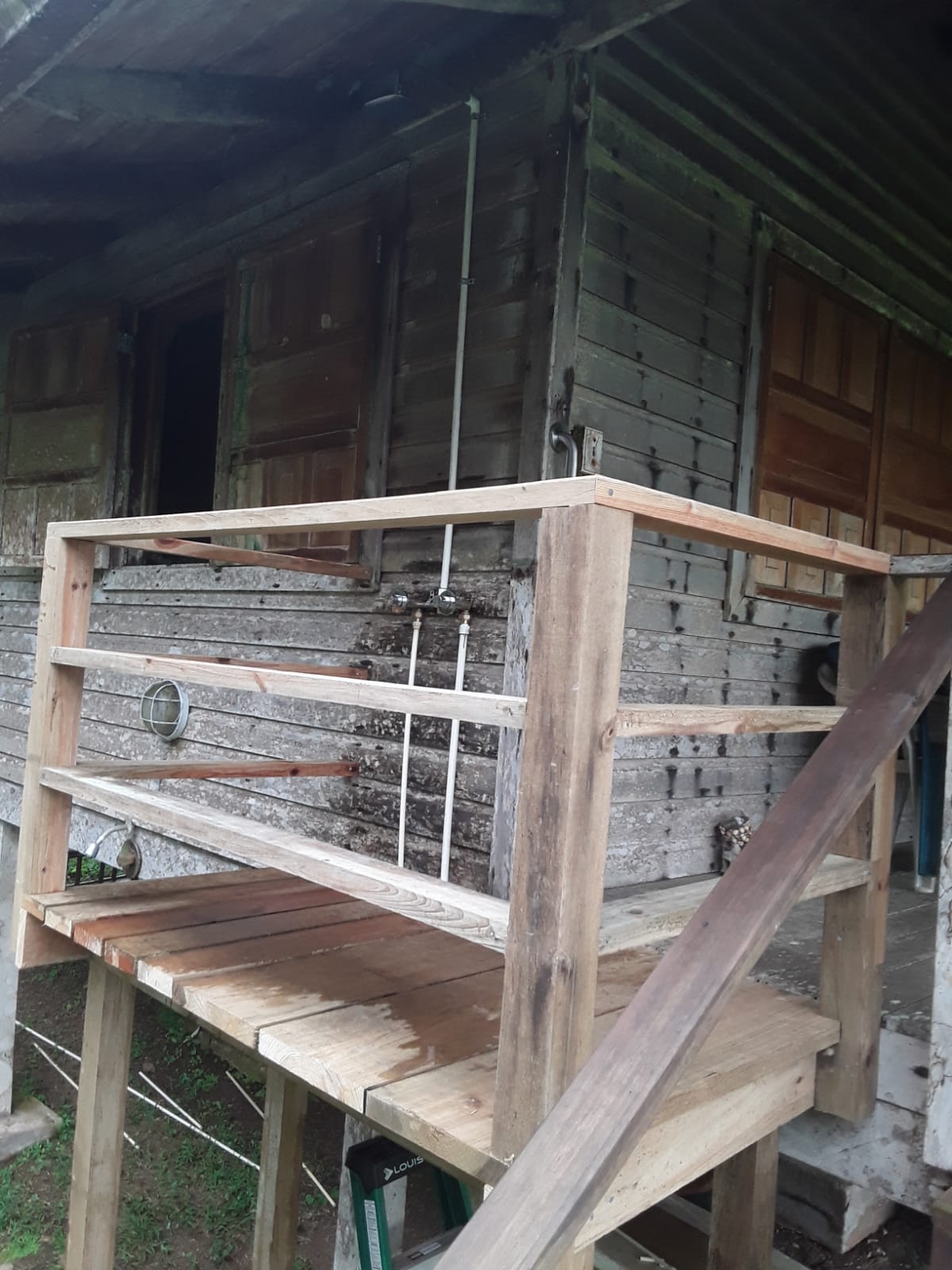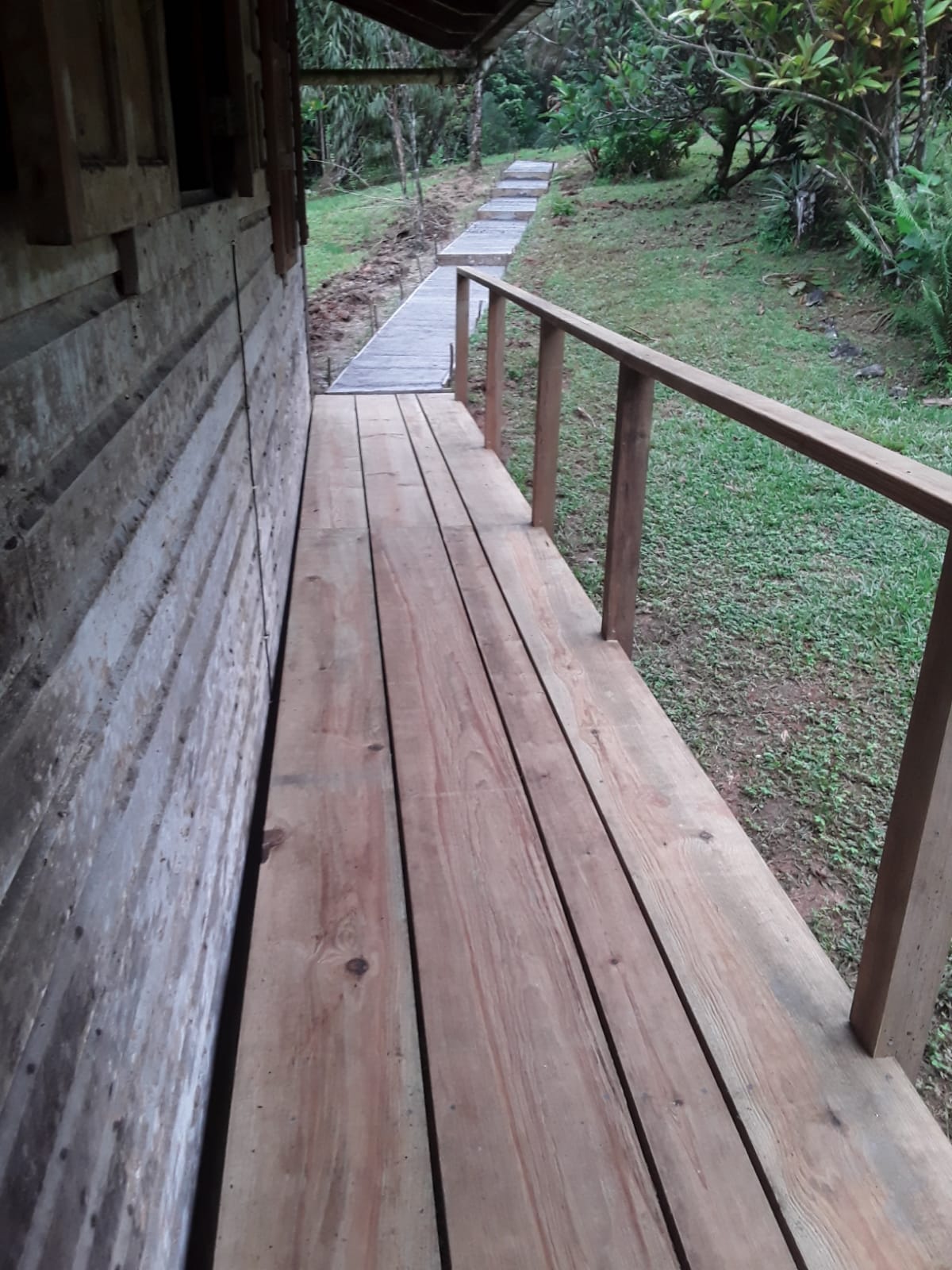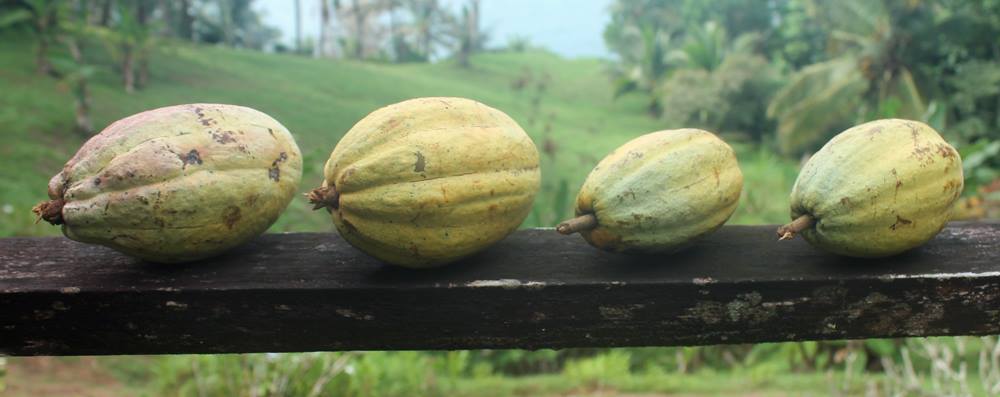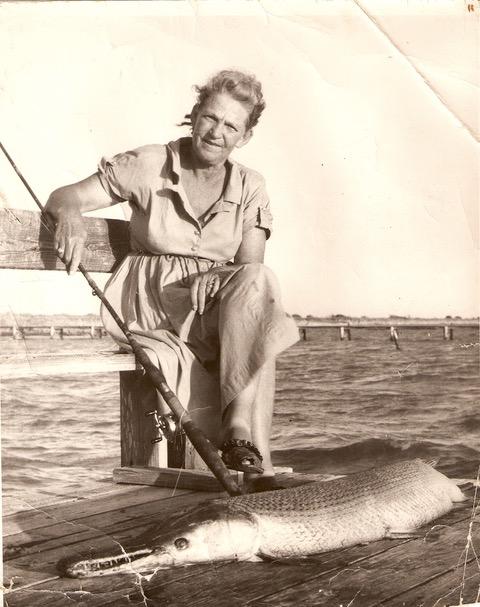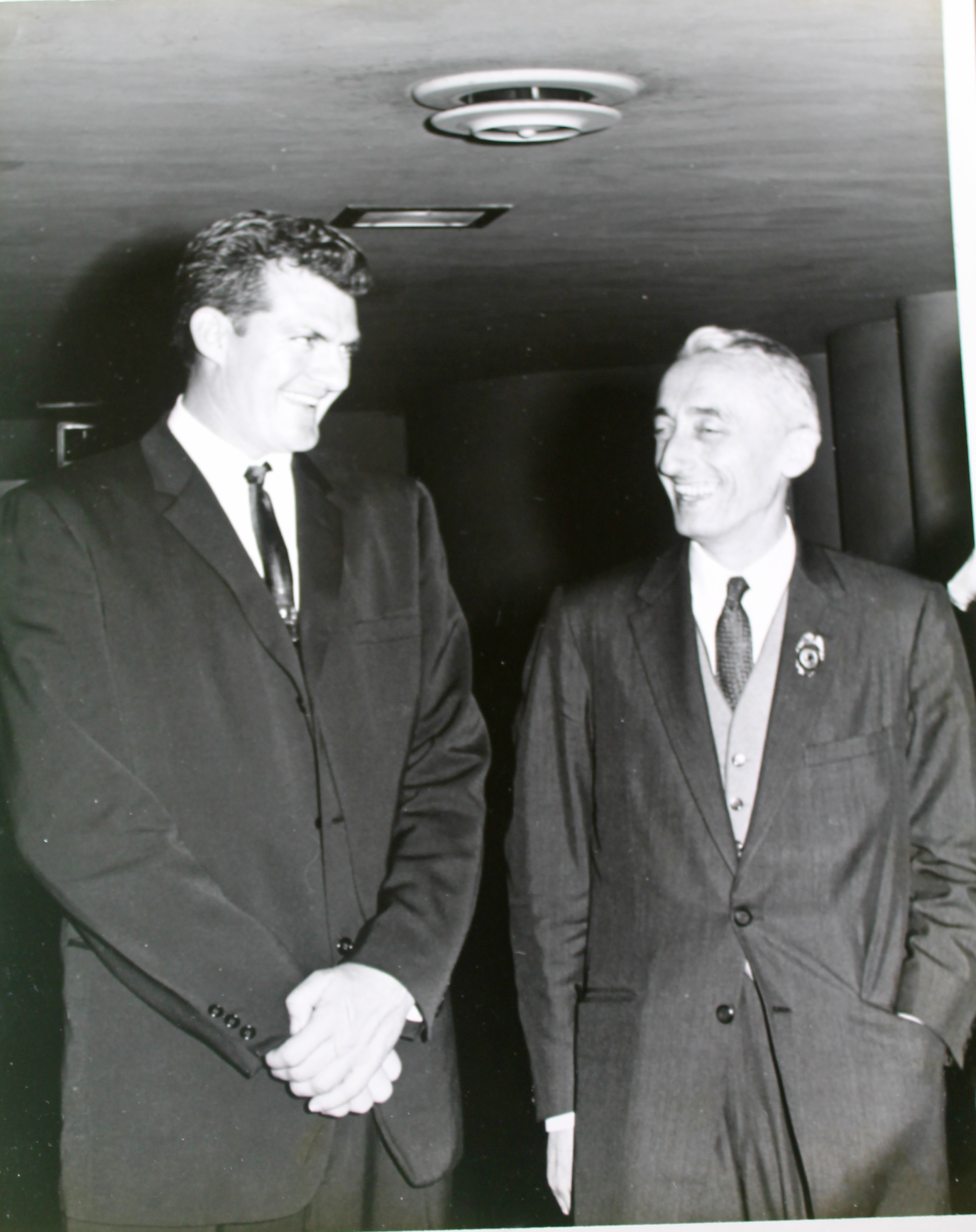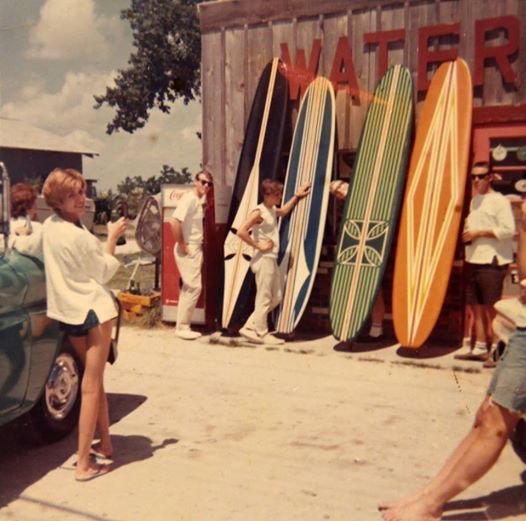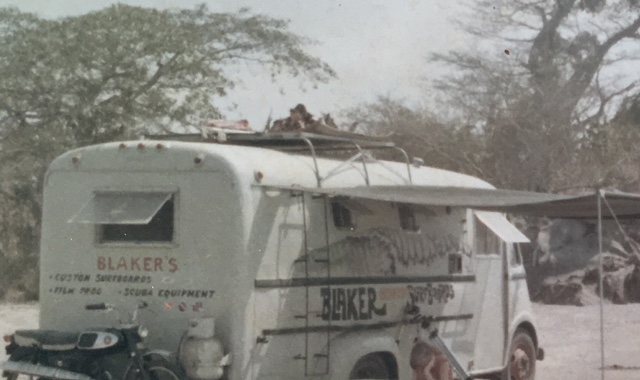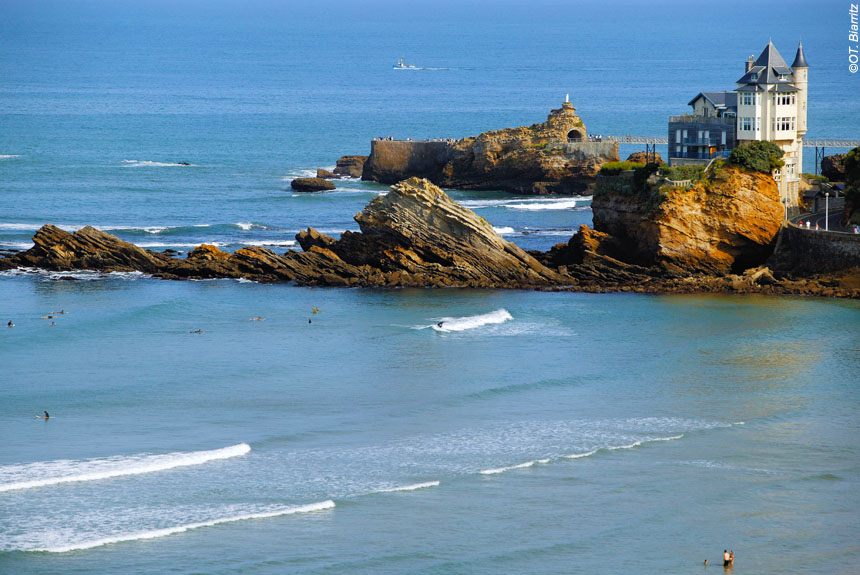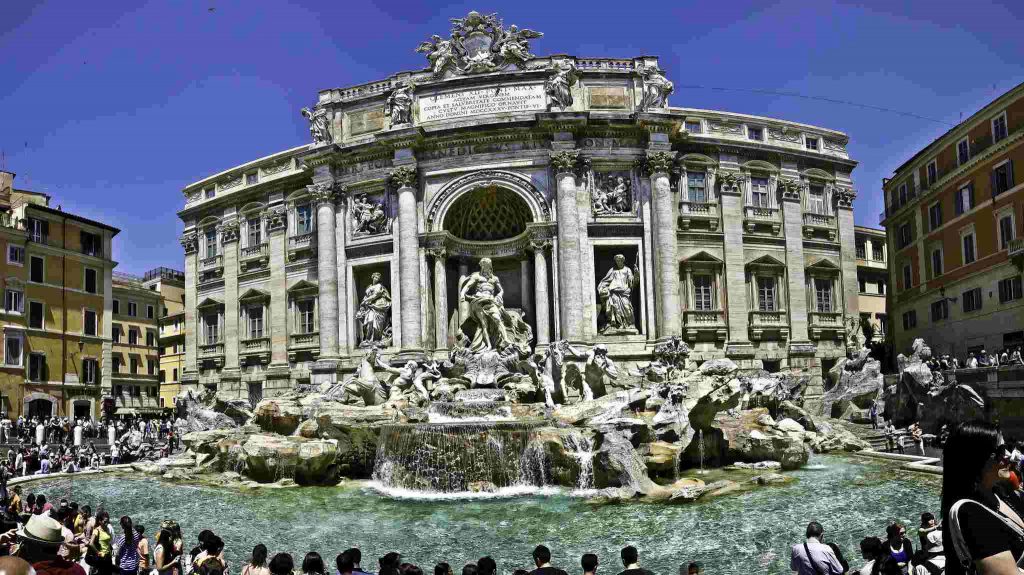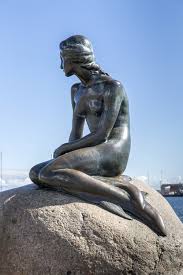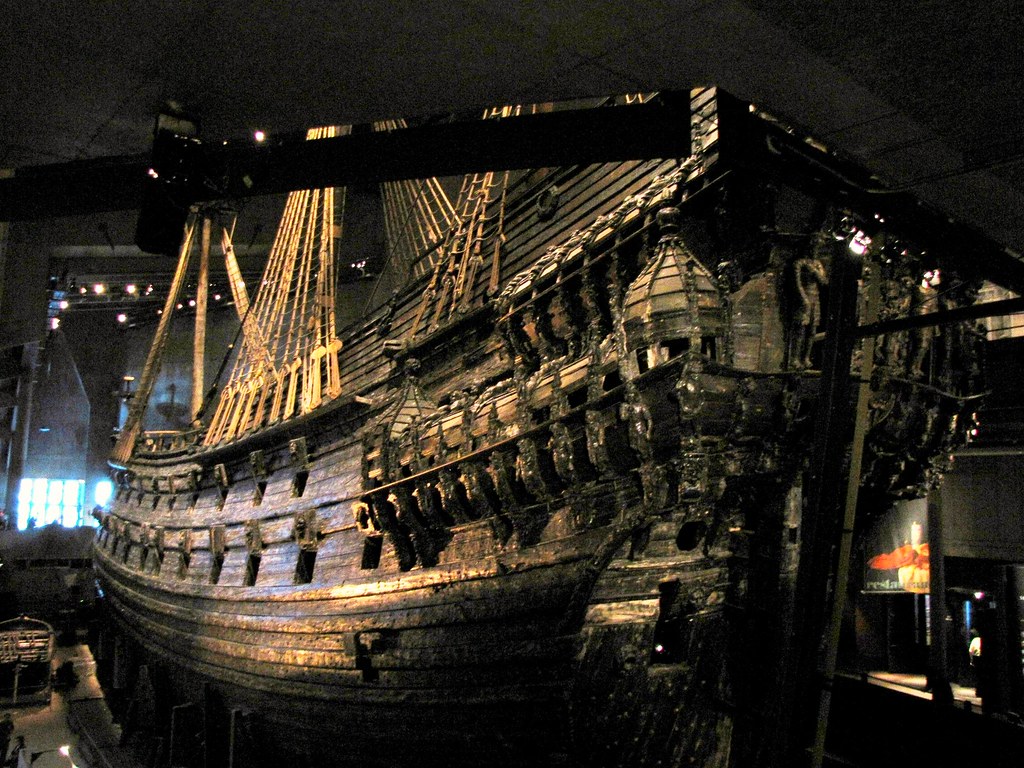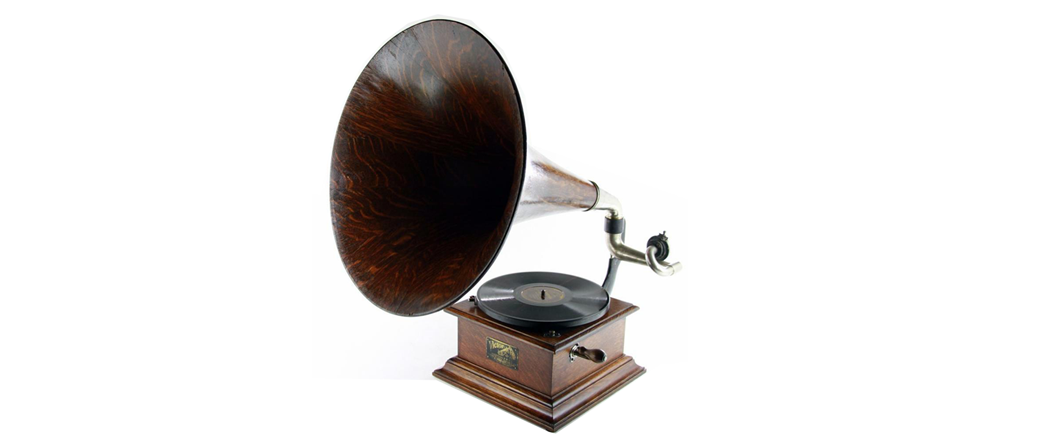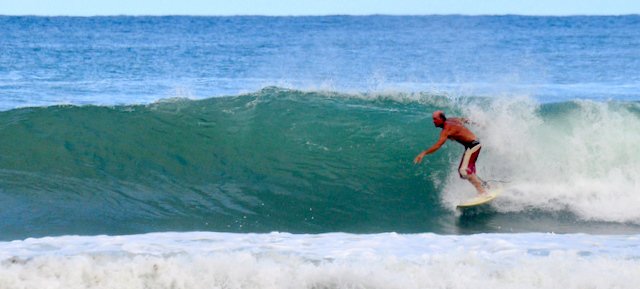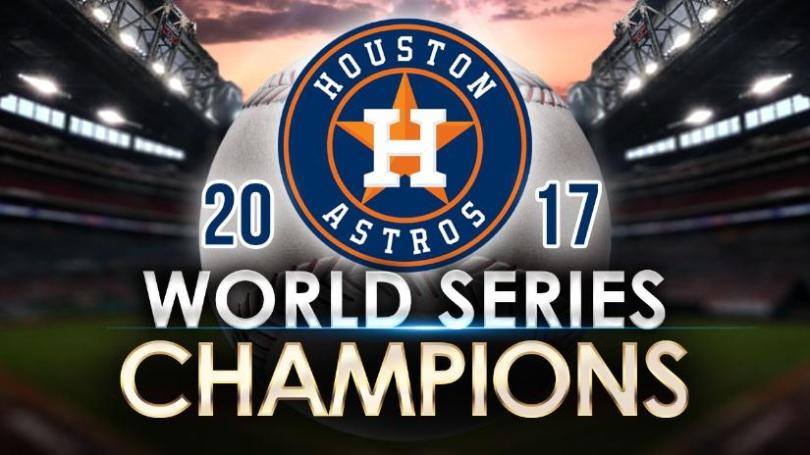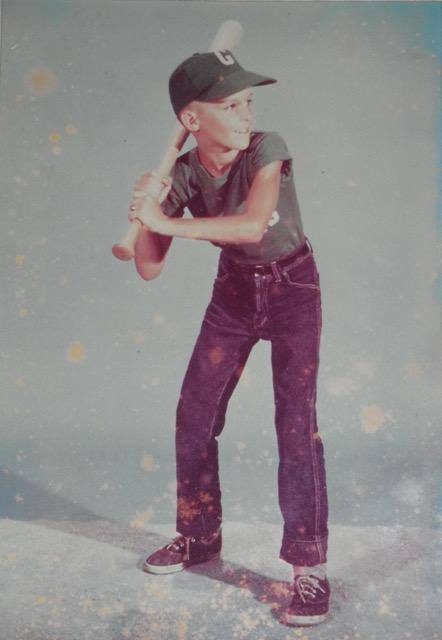A Message Well Received
A few days ago I told our neighbor’s worker, Juan, that I would be going to town on the following Wednesday here in Bocas del Toro, Panama, where my wife Allene and I have resided for nearly 20 years. Juan is an indigenous member of the local Ngäbe tribe as is his wife Hilda. Hilda is related to our worker Pepito and we often give rides to town for Juan and Hilda to buy groceries as we are about an hour’s drive from civilization and they have no vehicle.
On Wednesday morning, January 25th, at around 8:30, Hilda showed up at our house with her 6-year-old granddaughter wanting a ride to town. I told her that I’d be ready to go in about 30 minutes. After taking a quick shower, I loaded the back of our truck with the recyclables and an empty propane tank and told Hilda and her daughter, “Vamanos, chicas!”
We left our driveway and hadn’t gotten far down the jungle road when all of a sudden a squirrel emerged out of the foliage on the right side, turned to face us and sat up with its front feet off the ground just staring at us. I came to a quick stop and said, “Ardilla,” which is squirrel in Spanish. The little girl popped her head over the seat and reacted with glee.
The local squirrels are smaller than the grey squirrels and fox squirrels we had in Texas and their coloration is very dark, nearly black. They are also very skittish and elusive and always flee rapidly when encountered. Normally, you only get a quick glimpse of them. So I was a bit taken aback as this was the first time in the 20 years we have lived here that I had seen a squirrel so close, and sitting as still as that. After a few more seconds, the squirrel turned around and started scampering down the road ahead of us. I followed at the same speed and right away the squirrel stopped again and turned to face us, flicking its tail up and down. Then it turned away once again and headed on down the road, but kept glancing back to make sure we were following. This sequence repeated itself a couple of more times before the squirrel stopped, gave us another glance, and then darted off the road into the jungle. I looked over at Hilda and her granddaughter and they had bewildered expressions with big smiles on their faces that looked, I’m sure, exactly like my own. I think we all realized we had witnessed something unique and special. But it was shortly forgotten as we conversed about other things on the long drive to town.
I dropped Hilda and the child off in the Las Cabañas beach area of town where one of Hilda’s daughters lived. I told her I had many things to do in town that day and that I would shop for our groceries last and then head home. She told me she would be buying all their groceries at the big market in Las Cabañas and asked what time I would pass by in the afternoon. I told her it would be fairly late, around 4:30 or 5:00. She said she would be done with her shopping by 4:00 and would be waiting just outside the market.
Sure enough, she was there waiting when I came by around 4:30 and we loaded up a couple of 25-pound sacks of rice and two cardboard boxes of canned goods, dry goods, bottled goods, and several bags of fresh chicken and meats into the back of the truck. The drive back to our side of the island seemed to pass quickly and uneventfully while we talked about our various tasks of the day. I took Hilda and her granddaughter to their house first where Juan helped us unload their groceries. I then drove home and Allene came out and helped unload our stuff. Afterwards, we had our usual glass of wine on the veranda, watching the sun go down to the west of the famous Panamanian landmark, Isla Pajaros (Bird Island), and then went inside for a nice dinner of coconut shrimp. It was a wonderful cap off to a long, hot, tiresome day in town.
The last two and a half years have been one of the worst periods of our lives. It started with the pandemic and brutal quarantine. Then right when the country opened back up, the very first group of clients came to stay at our neighbor Wiley’s rental property, which I manage. While showing them where to swim at the beach, I slipped and fell on some algae-covered rocks and broke my femur. After 10 months of recovery, I was finally able enough to go back to the hospital to get surgery for two inguinal hernias. That put me down for another three months and the day after I was cleared to start resuming activities, I blew out my knee on the leg opposite the one I had broken. I was laid back up in bed again, barely able to hobble to the bathroom.
While I was recuperating, I was still making weekly video calls with my Mom and Dad in Hawaii. My mother at 92, had started to decline in health recently and my two sisters said we should try to come to Maui. The trip to Maui is a long and grueling two days of travel and flying has always been uncomfortable for me because of my height and long legs. And every year it has gotten harder and harder as we have aged. So I told my sisters there was no way I could travel at the time because of the severity of my injury and that I was sure I would be well enough so we could come in January, the month of both Mom’s and Dad’s birthdays.
Well, that didn’t work out at all. My youngest sister Cindy called on November 14 and said Mom had just passed away. I was shocked to hear that. I had done a video call with my folks three days before and Mom was sitting up, smiling, and telling me she loved me. I thought at the time that she would be around quite a bit longer. It was a terrible loss for all our family but my mother had been suffering from severe pain for quite some time from a fractured pelvis and a fractured tailbone from two different falls. So in some ways, it was a blessing that she was no longer suffering.
But now it was my turn to suffer. Not from the knee injury. That was nothing compared to the suffering of guilt, remorse and anger at myself after Mom’s death. In hindsight, I wondered if I could have made the trip to Maui, using wheelchairs and carts to get me through all the airports and different gates that we have to go through to get there. There wasn’t a day that went by that I didn’t have remorse over that. One thing that helped me was to channel my guilt and anger into working extremely hard on my rehabilitation. I made a promise to myself and to Mom that at the age of 72 I would get in the best shape of my life and spend the rest of my days on earth being a better human being to everyone I encountered from here on out.
In mid-December, the physical therapy, icing, elevating and rest had helped the knee improve enough so I could start my upper body exercises again, without causing pain. I increased the number of pull-ups, push-ups, and sit-ups gradually until I reached my current ability of doing more per day than I have done in my whole life. And three weeks ago, the knee was feeling good enough to slowly start adding some leg exercises to my routine. That went well so I started doing 20-minute walks, 15-minute sessions on the stationary bicycle, and going down and up the 63 stairs to our beach. After waking every morning, I follow a roughly two-hour exercise regimen before breakfast and have two more sessions of around 45 minutes during the day. In the last two months I went from feeling nearly defeated to reaching a level of strength that gives me hope of starting to surf again in two or three weeks.
Anyway, the day after I went to town, by the late afternoon I started my last session on the beach stairs. The sun had already started to set and on my last trip down, when I was four steps from the beach, a small, dark squirrel came out suddenly from the thick philodendrons and gingers on the left side of the stairs and stopped on the step below me. It looked up at me, with no sign of surprise or fear, and I thought, “What in hell is going on with these squirrels?”
It then started chattering softly while its tail moved rapidly from side to side and up and down. Then it cocked its head to the side while looking me straight in the eye. It almost felt as if it was trying to communicate with me. Then suddenly it disappeared into the underbrush on the right side of the stairs and was gone. I was flabbergasted to say the least. Two strange encounters with squirrels in two days. I don’t believe in coincidences but I couldn’t make a bit of sense out of it.
I went back up the stairs, walked to the house and was just sitting down at the outdoor patio set on our veranda when Allene walked out of the house with two glasses of wine, set them on the table and took a seat across from me. Before I could open my mouth and tell her about the squirrels, she looked right at me and said, “You do know that today is your mother’s birthday, right?”
I had to pause for a moment before answering. “No, I didn’t. I totally forgot.”
My whole life I’ve been bad at remembering dates of special events, birthdays, certain holidays, anniversaries and all other things of that nature. Allene always remembers everything and is forever reminding me of special dates.
Immediately after hearing it was Mom’s birthday, I had an epiphany. Instantly I tilted my head back and looked up towards the sky with my hands stretched out in front of me, palms up, and thought to myself, “I hear you loud and clear, Mom. Thanks for sending me the squirrels.”
Then I looked back at Allene and said, “I need to tell you a story.”
By the time I finished telling her about the two squirrels, I had tears running down my face. And I told her, “It was a message from Mom for sure, Allene. She was letting us know she is okay and she’s watching over us.”
Allene nodded her head in agreement and reached over and placed her hand on top of mine. It was a small gesture but it was perfect and was enough.
A big burden lifted off of me at that moment and I thought to myself, “I love you, Mom. Thanks for the message.”

